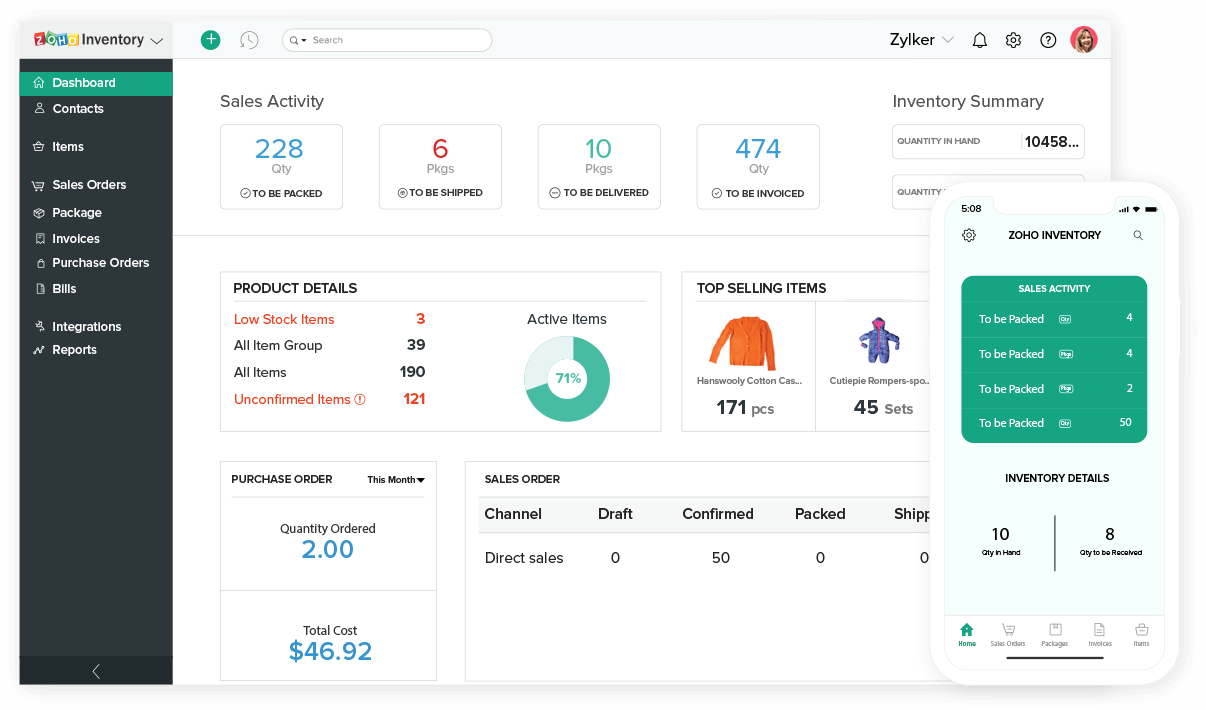Business inventory platform websites are transforming the way businesses manage their inventory, empowering them with enhanced accuracy, efficiency, and profitability. These websites offer a comprehensive suite of features and functionalities that cater to the specific needs of small and medium-sized businesses, as well as businesses with multiple locations or warehouses.
With the increasing complexity of supply chains and the growing need for businesses to adapt to changing market demands, a business inventory platform website has become an essential tool for streamlining operations and maximizing profitability.
Business Inventory Platform Website
A business inventory platform website is a web-based tool designed to help businesses manage their inventory effectively. It provides a centralized platform for businesses to track their inventory levels, manage orders, and optimize their supply chain.Business inventory platform websites offer a range of benefits, including:
Improved inventory accuracy
By providing real-time visibility into inventory levels, businesses can reduce errors and improve the accuracy of their inventory records.
Increased efficiency
Business inventory platform websites automate many inventory management tasks, such as order processing and inventory tracking, which can free up time for businesses to focus on other tasks.
Reduced costs
Business inventory platform websites can help businesses reduce costs by optimizing their inventory levels and reducing waste.
Improved customer service
Business inventory platform websites can help businesses improve customer service by providing real-time information on inventory availability and order status.
Key Features and Functionalities
Key features and functionalities of a business inventory platform website include:
Inventory management
This feature allows businesses to track their inventory levels in real time, including stock levels, reorder points, and lead times.
Order management
This feature allows businesses to process orders, track order status, and manage backorders.
Supply chain management
This feature allows businesses to manage their supply chain, including supplier relationships, purchase orders, and inventory replenishment.
Reporting and analytics
This feature allows businesses to generate reports and analytics on their inventory performance, such as inventory turnover, stock levels, and order fulfillment rates.
Target Audience
The target audience for a business inventory platform website is any business that needs to manage its inventory effectively. This includes businesses of all sizes, from small businesses to large enterprises.
Key Features and Functionalities

A business inventory platform website offers a comprehensive suite of features that streamline inventory management and optimize business operations. These core features include:
Essential Features:
- Product management:Create and manage product catalogs, including detailed descriptions, images, and pricing.
- Inventory tracking:Track inventory levels across multiple locations, including real-time updates on stock availability.
- Order management:Process orders efficiently, manage order status, and track shipments.
- Reporting and analytics:Generate customized reports and dashboards to monitor inventory performance, identify trends, and make informed decisions.
Additional Features for Enhanced Functionality:
- Multi-channel integration:Connect with e-commerce platforms, marketplaces, and POS systems to manage inventory across all sales channels.
- Mobile optimization:Access inventory data and manage operations on the go through mobile-friendly interfaces.
- Data security:Ensure data privacy and integrity with robust security measures, including encryption and access controls.
Target Audience: Business Inventory Platform Website
The target audience for a business inventory platform website includes businesses of various sizes and with varying needs. These businesses can be categorized as follows:
Small and Medium-Sized Businesses (SMBs), Business inventory platform website
SMBs often have limited resources and may struggle with manual inventory management. A business inventory platform can streamline their inventory processes, reducing errors and improving efficiency. It can also provide real-time visibility into inventory levels, helping businesses make informed decisions about purchasing and stocking.
Businesses with Multiple Locations or Warehouses
Businesses with multiple locations or warehouses face challenges in managing inventory across different sites. A business inventory platform can centralize inventory data, providing a consolidated view of stock levels and facilitating easy transfer of goods between locations.
Businesses that Sell Products Online or Through Multiple Channels
Businesses that sell products online or through multiple channels need to manage inventory across different platforms. A business inventory platform can integrate with various e-commerce platforms and marketplaces, ensuring accurate and up-to-date inventory information across all channels.
Security and Compliance
Maintaining the confidentiality and integrity of sensitive business data is crucial for any inventory platform. Robust security measures must be implemented to safeguard against unauthorized access, data breaches, and cyber threats.
To ensure data security, the platform should employ:
Encryption
Encryption safeguards data by converting it into an unreadable format using cryptographic algorithms. This renders data inaccessible to unauthorized individuals, even if intercepted.
Access Controls
Access controls limit who can access sensitive data. This involves implementing user authentication, authorization, and role-based access to restrict access to authorized personnel only.
Data Backup and Recovery
Regular data backups create redundant copies of critical data. In the event of data loss or corruption, these backups can be used to restore the data and minimize business disruptions.
Compliance with Industry Regulations
The platform should adhere to industry regulations, such as the Payment Card Industry Data Security Standard (PCI DSS), to ensure compliance with data security best practices and protect customer information.
Case Studies and Examples
Witness the transformative power of business inventory platform websites through real-world success stories. Explore how businesses overcame challenges, optimized operations, and achieved tangible results.
Innovative Implementations
- Streamlined Inventory Management:A manufacturing company implemented a platform that automated inventory tracking, reducing manual errors and increasing efficiency by 25%.
- Enhanced Customer Service:An e-commerce retailer integrated a platform that provided real-time inventory visibility, enabling accurate order fulfillment and improving customer satisfaction.
- Optimized Supply Chain:A distribution company implemented a platform that integrated with their transportation system, optimizing delivery routes and reducing logistics costs by 10%.
Closure
In conclusion, business inventory platform websites are revolutionizing the way businesses manage their inventory. By providing a centralized platform for inventory management, businesses can gain real-time visibility into their stock levels, optimize their inventory levels, and enhance their overall operational efficiency.
As businesses continue to embrace digital transformation, business inventory platform websites will play an increasingly critical role in driving growth and profitability.
